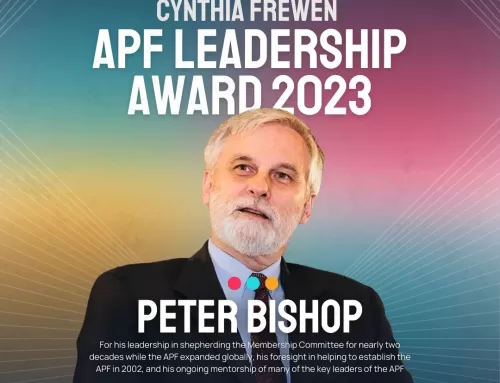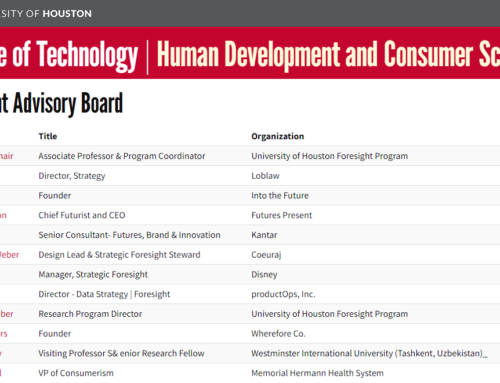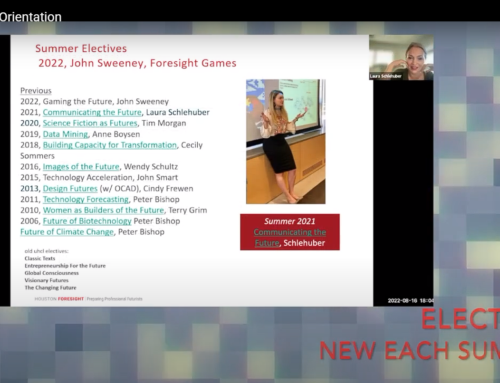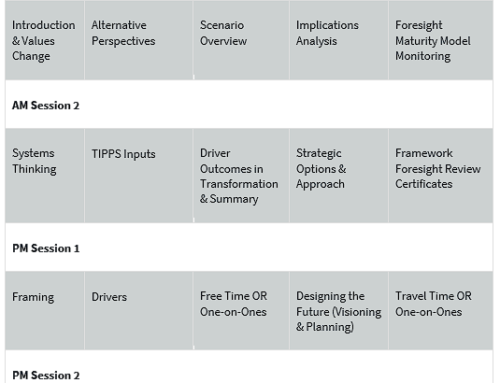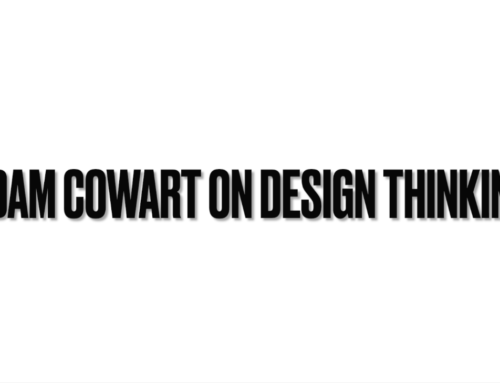On March 12th, Sara Robinson, Futurist and journalist focused on the American political and cultural landscape, visited World Futures students to talk about those things she’s learned to look at when she looks at politics.
She started the lecture with a revealing truth:
All politics is about the future
She explained that all politics end up at what is our collective preferred future and how best to achieve it. Including the decision making on who’s in and who’s out, or more importantly, who get to decide how to share the budget.
Robinson continued her lecture adding that the greater degrees of coordination and complexity, the greater is the tendency to lead to more goods to be delivered.
After this introduction she presented her six rules of thumb on how to look into a political system and uncover it’s structure and behavior:
- The complexity of the system/society: For example, when tribal order begins to breakdown at some point and democracy emerges as the system continues to get more complex. The main reason is that complexity of the system eventually breaks it and a new order needs to emerge. Spiral dynamics is a useful model to understand this approach.
- Do people trust their government: The lack of trust in their government would make it harder to legitimized and support its decisions. Is the case of the unification of Europe, where there’s not enough trust between all the participants governments to make political decisions. Also, Robinson has noted that there is a cyclical element to trust.

- Do participant share identity and common vision of the future: This one is some how related to trust but between the people and if they feel like they belong to that system/society. One issue here is that the Internet has cut into our shared civic culture, bringing values from other cultures into ours. For example, America has had periods of division but then it reunites again: revolution, civil war, new deal/ww2, and now at this point again with factions with widely divergent viewpoints. A crisis will happen that requires us to come together, and we’ll need to drop everything and come back together, maybe climate change could be the driver.
- Social mobility: Democracy requires a broad-based middle class to survive, but we see a hollowing out of the middle
- What is the source of wealth: who controls it and how sustainable is it? The need to look at the sustainability of the source of wealth it’s a clue to political stability — for this point she recommends Thomas Homer-Dixon’s The Upside of Down.
- Who in society uses force and do they use it fairly with good rules: Because if not, that may suggest potential for revolution or other serious problems. Examples for the US include WikiLeaks and Ferguson recent events. Gun control is still an ongoing debate around this issue.
There was a vigorous Q&A the climaxed an excellent lecture. We are grateful to Sara as an alum giving back to the program – thank you!

